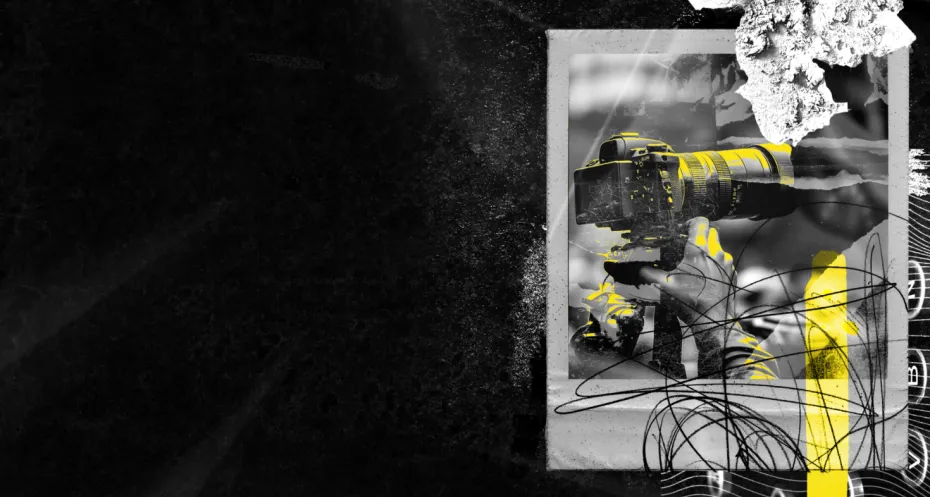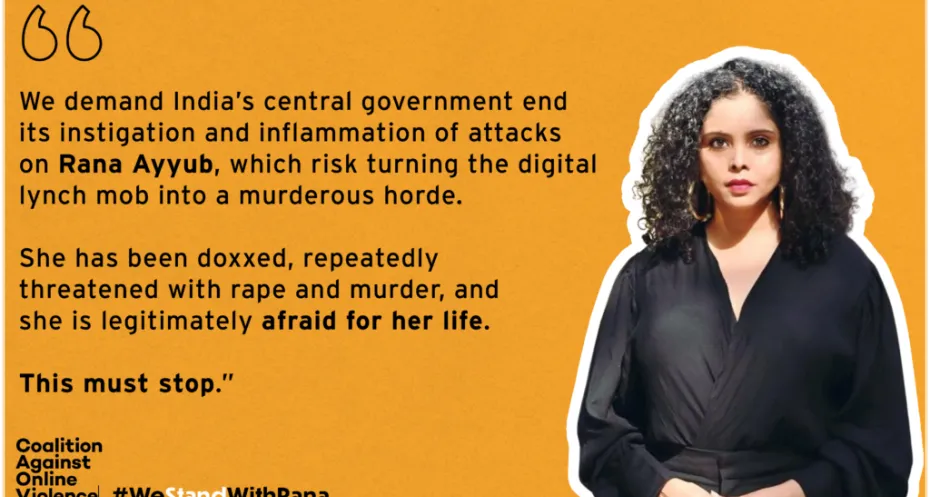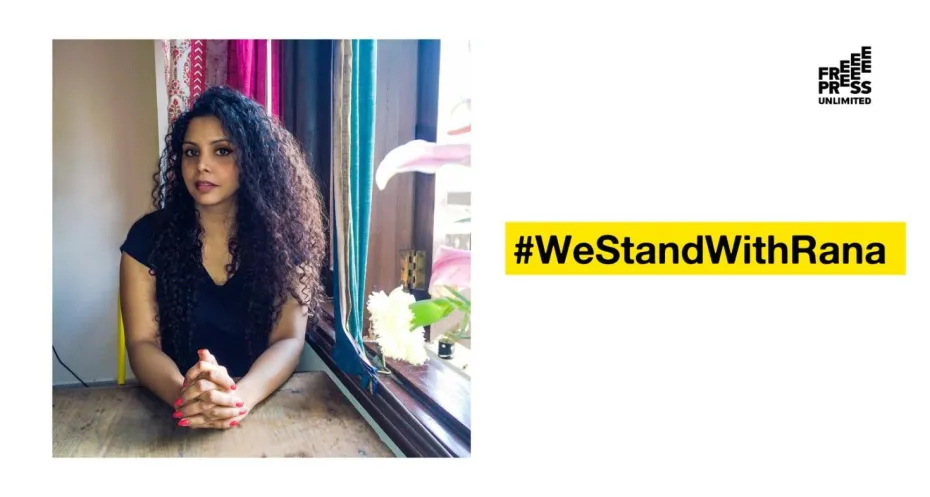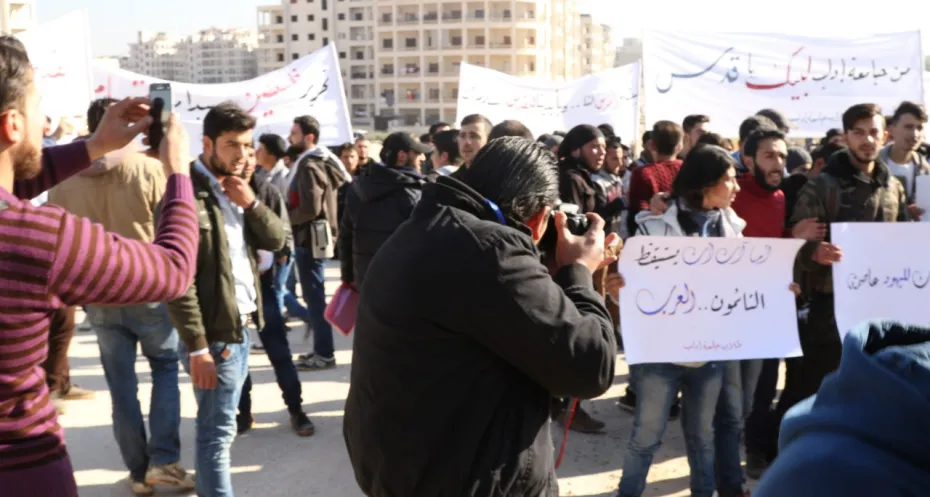New report confirms: suffocation of media and journalists in Venezuela's electoral context

Several human rights and press freedom organisations, including Free Press Unlimited, the Foundation for Press Freedom (FLIP), Reporters Without Borders (RSF), Fundamedios, and the Committee to Protect Journalists (CPJ), have jointly published a report on the worrying situation of freedom of expression in Venezuela. The report highlights the increase in attacks and restrictions on journalists and media outlets, especially in the context of the presidential elections on July 28.
In recent decades, it was already clear that press freedom is declining in Venezuela. More than 400 media outlets were closed (since 1999) and at least 30 independent media websites have been blocked. As a result, the right to access reliable information has been under pressure for years. The situation surrounding the elections, combined with new developments, has further highlighted the grave nature of this situation.
The organisations monitored and documented the situation of press freedom and the safety of journalists between June and August 2024. The report "Restrictions on press freedom and media suffocation in the electoral context in Venezuela" found that during and after the elections, disinformation campaigns, arbitrary arrests, intimidation, censorship (and self-censorship), and blockades against critical media outlets intensified.
There were several obstacles to pre-election coverage, compounded by media closures, document destruction, defamation laws and access restrictions. This included roadblocks and obstacles to coverage. Moreover, the government campaign had a greater media presence, while opposition candidates received little coverage.
The organisations also confirmed that in addition to the spread of fake news, there were also direct attacks on journalists. At least eight journalists have been jailed on charges of ‘inciting hatred’, often without access to adequate legal protection.
Free Press Unlimited: “The report confirms what we have seen for a long time: the climate for journalists and media outlets is unsafe, and detentions, mass closure of media outlets, intimidation, and the annulment of journalists' documents are a way of enabling this. The evidence that something needs to change is there. Now it is up to policymakers and the international community to integrate our recommendations into their plans.”
Urgent call to action
Based on their report, the organisations make a series of recommendations.
They urge, among other things, that the Venezuelan government release the eight imprisoned journalists and guarantee transparent legal processes, including the right to defence. Entities such as SEBIN and the National Telecommunications Commission are asked to establish transparency mechanisms to prevent the misuse of data collected through tools that have been used to persecute journalists.
In addition, the government is urged to guarantee press access to public institutions, stop the use of surveillance technology against critics and clarify its relationship with telephone and telecommunications companies in these practices.
The international community, for its part, must continue to support the financial sustainability of the media, while freedom of expression organisations must strengthen physical and digital protection strategies for journalists, especially in hard-to-reach areas, and foster alliances that strengthen the resilience of the media sector in Venezuela.
Read the full report in Spanish:
All participating organisations
Freedom House, the Foundation for Press Freedom (FLIP), Fundamedios, Committee to Protect Journalists (CPJ), Reporters Without Borders (RSF), Free Press Unlimited (FPU), Voces del Sur and the IFEX-ALC network



